A recent conference in Dublin discussed the impact that climate change and the environment are having on health. David Lynch reports
Doctors and other healthcare workers (HCWs) have a crucial role in raising issues of environmental health and the impact of climate change, the former Executive Director of the European Environment Agency has told the Medical Independent (MI).
Prof Hans Bruyninckx (PhD), Professor of Environmental Governance at the University of Antwerp, Belgium, was speaking at a recent conference in Dublin.
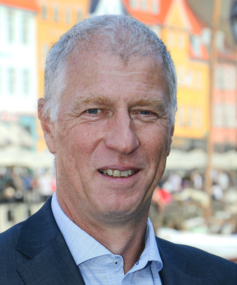
“First of all, they [doctors] are really important because they are very trusted individuals,” Dr Bruyninckx told MI.
“We trust them with our health, it is very personal…. We trust them as knowledge actors as well. And they know from their profession that climate change is starting to have a serious impact on the health of the population and their patients.”
Dr Bruyninckx was in Dublin to address the Environment, Health and Wellbeing Conference on 29 May. The annual event is organised by the HSE, the Environmental Protection Agency (EPA), and the Economic and Social Research Institute. The conference heard about current international and national perspectives and action to promote health and wellbeing through the “creation and shaping of healthy environments for all”.
Dr Bruyninckx said doctors and other HCWs were in a position to convey important messages about environmental health and “weave them into their conversations with patients”.
“I think that could really contribute to a more informed discussion about climate change and its immediate effects,” Dr Bruyninckx said.
For example, doctors could ask patients about their living conditions and local environment and discuss how these factors can affect a person’s health, he said.
Also, Dr Bruyninckx pointed out that since healthcare significantly contributes to carbon emissions, doctors and other HCWs have a responsibility to discuss and address the sector’s environmental impact.
He praised the activism and work of Irish doctors and other HCWs in this regard.
“There is a pretty active, well-informed, network of GPs and other healthcare professionals that are reflecting on these things here in Ireland, and I think that could be a model for other places in Europe.”
Climate and Health Alliance
A number of Irish HCWs spoke at the conference. These included Dr Sean Owens, GP and member of Irish Doctors for the Environment, and Ms Orna O’Brien, a dietician with the Irish Heart Foundation.
Both Dr Owens and Ms O’Brien are also members of the Climate and Health Alliance. At the meeting, they outlined details of the Alliance’s most recent position paper, Fixing Food Together – Transitioning Ireland to a healthy and sustainable food system.
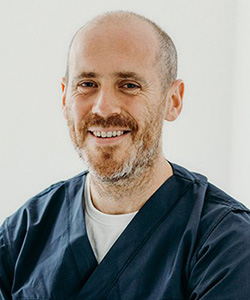
Ms O’Brien, who was the primary author, told the meeting: “We need to make huge changes to our food system now.”
She said that our food system is “harming our health…harming the health of our planet” and “perpetuating inequality”.
The Climate and Health Alliance position paper notes that the current food system was created with the primary aim of avoiding mass starvation in the context of a growing global population.
“Luckily for us, it succeeded in generating more than enough food to feed us all, but along the way it also created new problems,” according to the paper. “It has caused lives to be cut short and greater disability due to diet-related chronic diseases, including cardiovascular disease, type 2 diabetes, and obesity.”
The paper further states that the current system has resulted in devastating climate change, pollution, biodiversity collapse, and nature loss and that it “perpetuates inequality and food insecurity”.
A number of recommendations are proposed to address these issues.
“Our food system is vast and complex, but targeted policies and actions can be used as ‘control knobs’ to effectively achieve system changes,” it states.
The seven action areas in the document include recommendations that “can directly shift food systems towards increasing the availability, affordability, appeal, and acceptability of high quality, safe, nutritious foods, and away from producing and promoting nutrient-poor refined foods and products high in sugars, saturated and trans fats, and/or salt”.
Dr Owens addressed the conference on the importance of “finding consensus” in the face of the current environmental “crisis”. He reflected on the positive experiences of consensus-building experienced by the Alliance.
Evidence
The conference was opened by Ms Laura Burke, the Director General of the EPA. She emphasised that our living environment and health are “inextricably linked”.
The evidence-base on the nature of this relationship has expanded in recent years and demonstrates the “health benefits of a good quality environment”, according to Ms Burke.
She said the task for policymakers and others was “to shape our environment to promote health for all”. Ms Burke also warned of the “unequal distribution of environmental risk” in terms of the wider population’s health.
“How do we collectively create a collective environment and health for all?”
Ms Burke also pointed out that while statistics regarding water and air pollution are often discussed, one of the “forgotten pollutions” relates to sound. She argued for increased focus to address this issue.
She said that “climate change remains the greatest health threat to humanity”.
During his conference address, Dr Bruyninckx presented statistics showing that environmental pollution is a driving factor behind the top 10 non-communicable diseases in the European Union.
“Climate change affects cardiovascular health, directly and indirectly,” he said.
Dr Bruyninckx stated climate change exacerbates heatwaves and air pollution through increased occurrences of forest fires, desert dust, and other factors.
In his talk, he highlighted how both heatwaves and air pollution contribute to the risk of heart disease.
Dr Bruyninckx concluded that policies should be focused on “utilising and shaping our environment to enhance our health and wellbeing”.
‘Positive health’
Another speaker said a significant problem in modern medicine is that ‘healthcare’ really means ‘disease care’.
Dr Karolien van den Brekel, a GP and a member of the Institute for Positive Health in the Netherlands, addressed the conference on the topic of how ‘positive health’ can contribute to the wellbeing of people at all ages.
She defined positive health as a transformation from disease-oriented care to a focus on health and wellbeing.
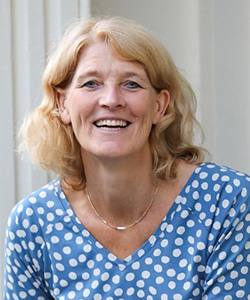
Dr van den Brekel posited that such a change could be “a solution for the health challenges” faced by society.
“It is a new concept with a broad perspective on health,” said Dr van den Brekel.
“It empowers people with ability to adapt, self-manage” and be more resilient.
She described positive health as “a common vision on health, which stimulates collaboration in healthcare”.
Dr van den Brekel said that the concept was becoming more accepted in the Netherlands and added how the practice can lead to reduced healthcare “consumption”.
In showing patients the benefits of positive health, she said that “meaningfulness and intrinsic motivation” were key concepts.
Dr van den Brekel stressed the importance of collaboration between different academic disciplines in facilitating patients to take more ownership of their health.
Environmental health science
Prof Cathal McCrory, Co-Principal Investigator of the Irish Longitudinal Study on Ageing (TILDA), Trinity College Dublin, spoke to attendees about the new opportunities in environmental molecular epidemiology and the future of environmental health science
He said that TILDA can be used “to explore long-run effects of environmental exposures on health”. He explained how TILDA’s results will be “enriched by linkage to other sources of environmental and climate data” and how the study “can be used to gauge efficacy of public policy interventions”.
The Climate and Health Alliance’s position paper Fixing Food Together – Transitioning Ireland to a healthy and sustainable food system can he found here: https://climateandhealthalliance.wordpress.com/2023/05/16/fixing-food-together-report-launched/


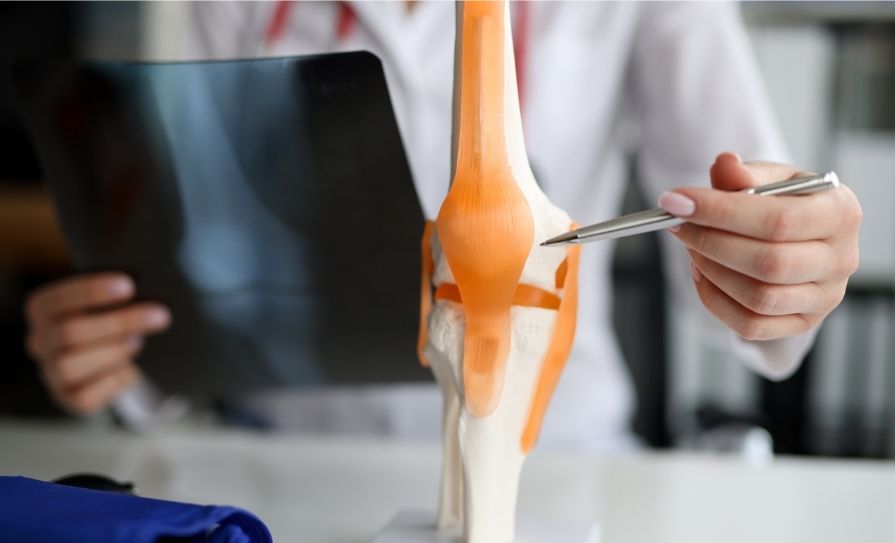
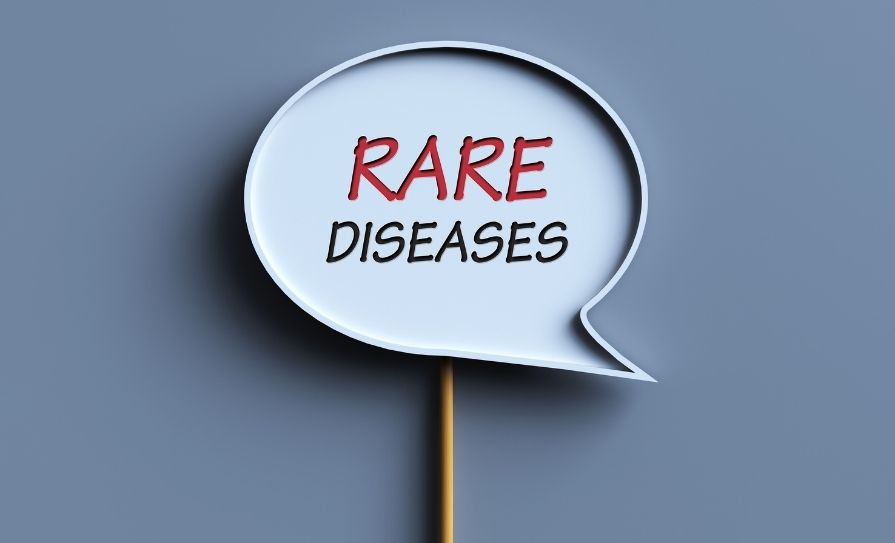
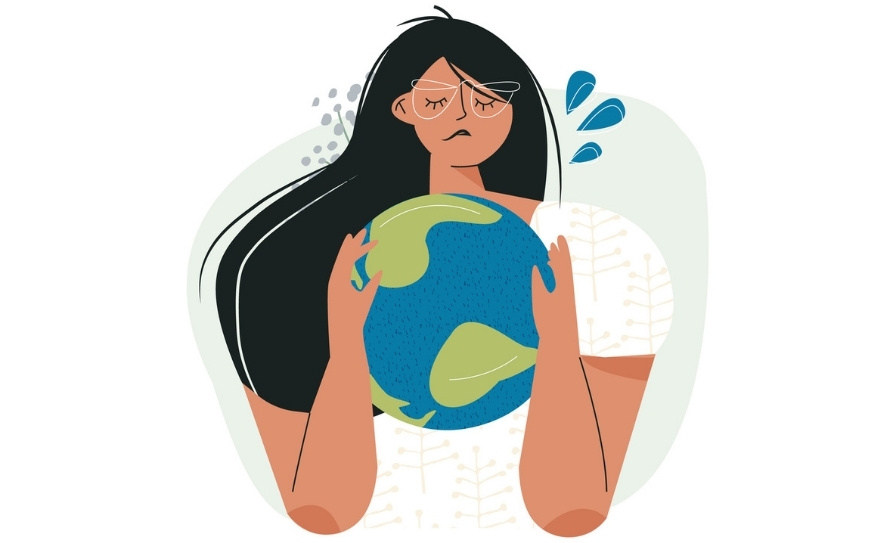
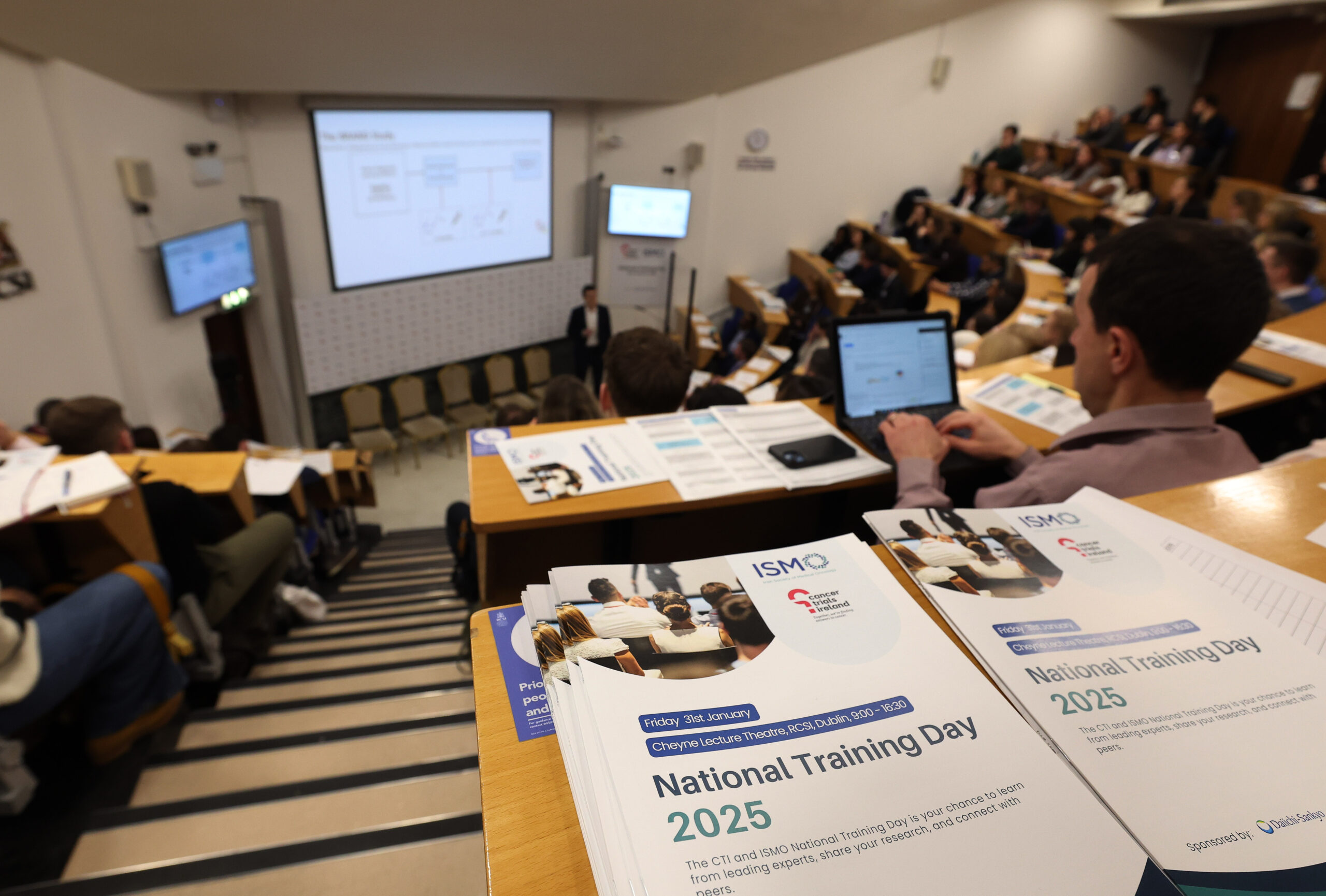

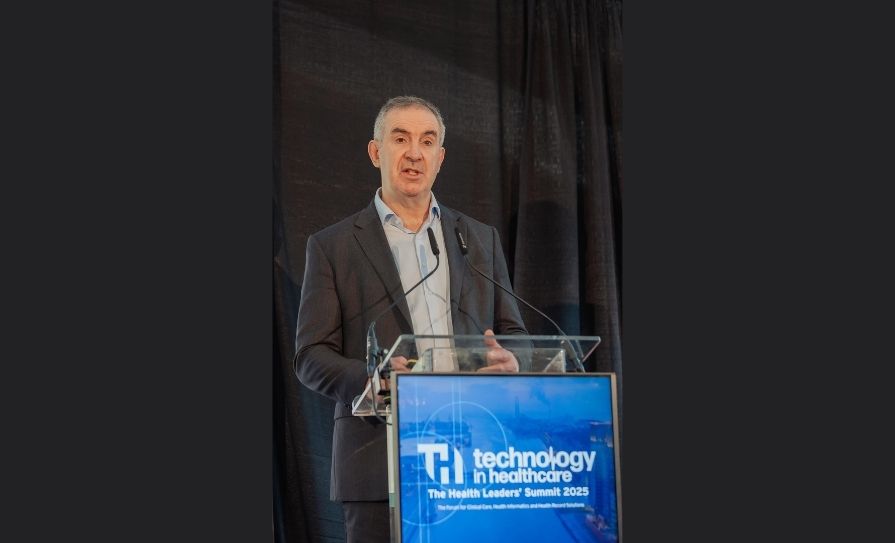





Leave a Reply
You must be logged in to post a comment.